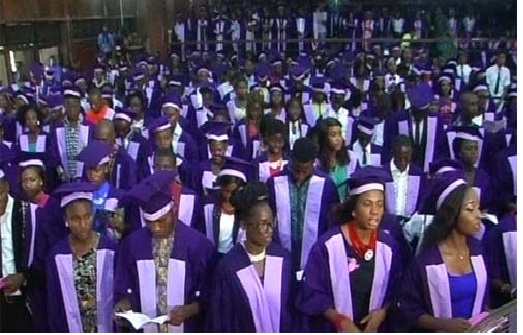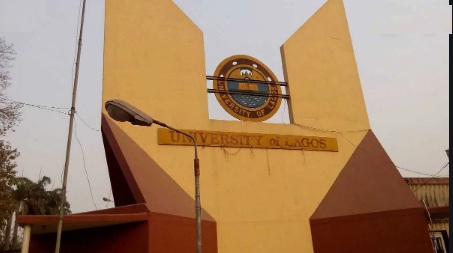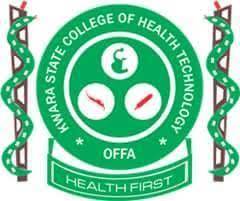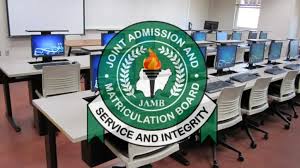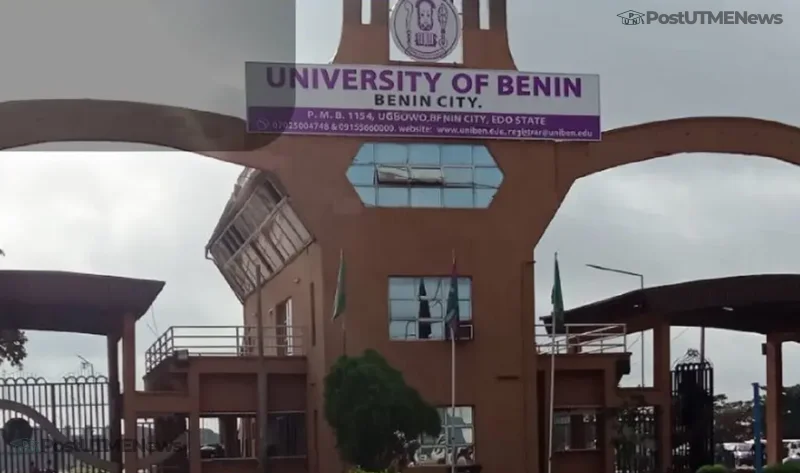FG Recommends Three-Year Ban for Exam Malpractice Offenders


Students who engage in examination malpractice during the Unified Tertiary Matriculation Examination (UTME) should be prohibited from taking any external examinations organized by the West African Examination Council (WAEC), National Examination Council (NECO), and the National Board for Technical Education (NABTEB) for three years, according to a directive issued by the Federal Government.
The Minister of Education, Dr. Tunji Alausa, stated that any school or computer-based test (CBT) centre found guilty of participating in exam malpractice or functioning as a miracle centre must be blacklisted.
This instruction was given in response to the persistent problem posed by so-called ‘miracle centres’.
The Joint Admissions and Matriculation Board (JAMB) disclosed that this year, over 3,000 students were identified as either participants in or beneficiaries of examination malpractice.
The directive states, “If any school/CBT centre is derecognised by any examination body, other sister examination bodies should follow suit and derecognise the same school/CBT centre for the same number of years to run concurrently. This will send a very strong signal to operators of these miracle centres.”
“Student(s) involved in examination malpractice should be barred from sitting for any external examinations in Nigeria, such as those conducted by WAEC, NECO, NABTEB, etc, for three years using the instrumentality of NIN. Such a stringent measure will serve as a deterrent to other students and parents.”
“This directive is also in accordance with Section 16(2) of the Examination Malpractices Act, which states: ‘An examination body may, in the exercise of its powers under this section, circulate the name of an offending candidates, supervisors, invigilator, official, school, or examination centre to other examination bodies, which may impose similar punishment.’”
In addition, WAEC has issued a warning that the results of students who are discovered to have either posted or received live examination content on social media during the ongoing West African Senior School Certificate Examination for School Candidates (WASSCE), which began last month, may be annulled.
The examination council also noted that the issue could be forwarded to law enforcement authorities for investigation and legal action against all involved parties.
WAEC released a statement on Wednesday indicating that certain individuals have orchestrated schemes aimed at facilitating exam malpractice during the examination period.
The body is calling for collective efforts to prevent the dishonest acts of these individuals so that the integrity of candidates who have worked hard in preparation is not diminished.
WAEC reaffirmed its zero-tolerance policy toward cheating, pointing out that it has implemented technological tools to detect those who visit illicit websites and use those resources during exams.
It confirmed that the Candidates Identity Verification, Attendance, Malpractice, and Post-Examination Management System (CIVAMPEMS) is still in use to help prevent impersonation, document malpractice incidents, and support other post-examination procedures.
“Examination malpractice is the bane of quality education, and it undermines national development. It is a cancer in the education sector that requires a multidimensional approach for total annihilation.”
“In this vein, the active cooperation between WAEC and its stakeholders is invaluable in light of the foregoing,” the statement added.



